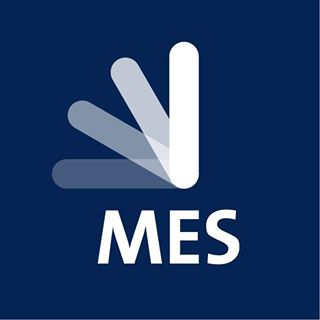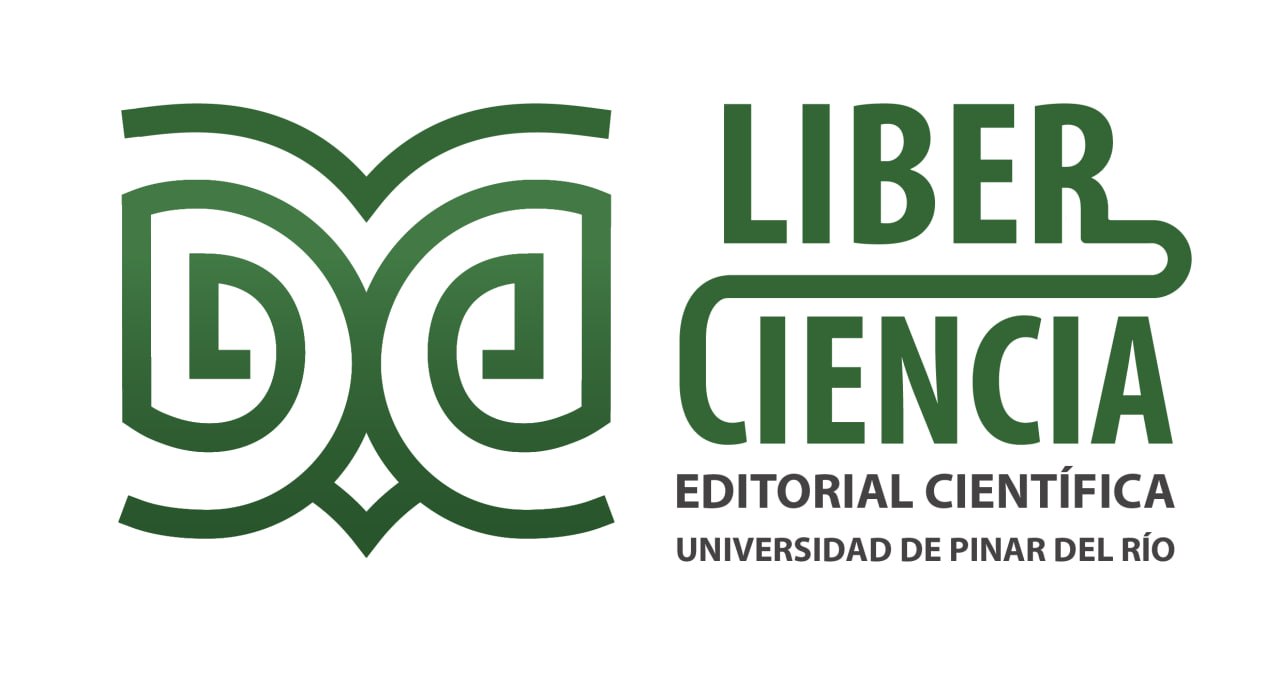The inverted classroom: didactic methodology to explain the subject of agroecology and sustainable agriculture XIV Taller Internacional de "Pedagogía de la Educación Superior"
Main Article Content
Abstract
The objective of this work is to apply the inverted classroom methodology in the Agroecology and Sustainable Agriculture subject that is taught in the fourth year of the Agronomy career of the Faculty of Agricultural Sciences of the University of Matanzas, Cuba, during the 2022 academic year. Mixed qualitative research; part of a theoretical review of the works and authors who have contributed with the methodology for its application. It was applied in a group of 23 students of the final year of the Career. Study Guides are prepared for the four topics that make up the subject. Digital teaching materials and videos are delivered. The final evaluation is the development of a Workshop that integrates the topics taught, as well as the contents of other subjects that are explained in the academic year; the results of the participation of the group of students, together with their teachers, in the agrarian extension project called "Movement Sow with Science" are addressed. It was evidenced that the flipped classroom methodology increases students' interest in active learning, their preparation and participation is better and greater; they acquire professional skills, significantly improve communication between students and teachers and are motivated by the topics of the subject Agroecology and Sustainable agriculture.
Downloads
Article Details

This work is licensed under a Creative Commons Attribution-NonCommercial 4.0 International License.
References
Álvarez, D. M. L., Aguilar, G. F. C., Conforme, N. C. R., & Alcívar, I. A. M. (2020). Implementación de flipped classroom enfocado a los estudiantes de Ingeniería de software: Caso universidad ecuatoriana. REVISTA CIENTÍFICA ECOCIENCIA, 7(3). https://doi.org/10.21855/ecociencia.73.311
Bertolotti Zuñiga, C. R. (2018). Influencia del aprendizaje invertido en el aprendizaje por competencias de los estudiantes de la Facultad de Ingeniería y Arquitectura de la Universidad de San Martín de Porres [Tesis de Maestría, Universidad San Martín de Porres, Instituto para la calidad de la educación, Lima.]. https://repositorio.usmp.edu.pe/handle/20.500.12727/3985
Betancourt, L. A. A., Cabezas, M. A. C., & Hernández, V. A. (2022). La formación profesional de los estudiantes universitarios a través de las Aulas Invertidas. Mendive. Revista de Educación, 20(2). https://mendive.upr.edu.cu/index.php/MendiveUPR/article/view/2781
Campos Martínez, H. (2022). Flipped classroom como un modelo pedagógico en el proceso enseñanza y aprendizaje. Polo del Conocimiento: Revista científico - profesional, 7(8), 558-576. https://dialnet.unirioja.es/servlet/articulo?codigo=9042820
Chavarrío, M. L., Parra, D. A. H., Rodríguez, M. R., Ospino, A. I. P., Rojas, N. R. P., & Rodríguez, N. C. (2021). Consideraciones acerca del aula invertida AI (FLIPPED CLASSROOM). Revista Repertorio de Medicina y Cirugía, 30(2). https://doi.org/10.31260/RepertMedCir.01217372.1087
Fernández, E. de la T. (2019). Contextos universitarios transformadores: Construíndo espazos de aprendizaxe. Servizo de Publicacións. https://dialnet.unirioja.es/servlet/libro?codigo=731160
Freitas, L. P. da S. R. de, Campos, A. F., Freitas, L. P. da S. R. de, & Campos, A. F. (2018). O Método de Estudo de Caso de Harvard mediado pela Sala de Aula Invertida na mobilização de conhecimentos no ensino-aprendizado de Química. Educación química, 29(3), 22-34. https://doi.org/10.22201/fq.18708404e.2018.3.63711
Gaviria Rodríguez, D., Arango Arango, J., Valencia Arias, A., Bran Piedrahita, L., Gaviria Rodríguez, D., Arango Arango, J., Valencia Arias, A., & Bran Piedrahita, L. (2019). Percepción de la estrategia aula invertida en escenarios universitarios. Revista mexicana de investigación educativa, 24(81), 593-614. http://www.scielo.org.mx/scielo.php?script=sci_abstract&pid=S1405 -66662019000200593&lng=es&nrm=iso&tlng=es
Julia*, J., Afrianti, N., Soomro, K. A., Supriyadi, T., Dolifah, D., Isrokatun, I., Erhamwilda, E., & Ningrum, D. (2020). Flipped Classroom Educational Model (2010-2019): A Bibliometric Study. Flipped Classroom Educational Model (2010-2019): A Bibliometric Study, 9(4), 1377-1392. https://eu-jer.com/flipped-classroom-educational-model-2010-2019-a-bibliometric-study.html
Maliza Muñoz, W., Medina León, A., Medina Nogueira, Y. E., & Vera Mora, G. R. (2021). Moodle: Entorno Virtual para el fortalecimiento del aprendizaje autónomo. Revista UNIANDES Episteme, 8(1), 137-152. https://dialnet.unirioja.es/servlet/articulo?codigo=8298139
Namoc Rojas De Correa, M. E. (2022). Aula invertida y competencias profesionales en educación: Revisión sistemática [Tesis de Grado para optar por el grado académico de Doctora en Educación. Universidad "César Vallejo". Trujillo-Perú, Universidad César Vallejo]. https://renati.sunedu.gob.pe/handle/sunedu/3119936
Ocampo, B. P. O., Romero, M. E. O., Alvarado, J. L. E., González, J. L. L., & Freire, E. E. E. (2021). Consideraciones sobre aula invertida y gamificación en el área de ciencias sociales. Universidad y Sociedad, 13(3). https://rus.ucf.edu.cu/index.php/rus/article/view/2126
Plaza Ponte, J. A., Mora Romero, J. L., Medina León, A., & Maliza Muñoz, W. (2022). Herramienta flipped classroom: Estrategia didáctica en Ciencias Naturales de cuarto de básica. Revista UNIANDES Episteme, 9(1), 86-100. https://dialnet.unirioja.es/servlet/articulo?codigo=8298173
Ponte, J. A. P., León, A. M., Rivera, D. N., Muñoz, W. F. M., & Zuñiga, V. J. C. (2022). Utilización de la metodología Flipped Classroom en la enseñanza básica. Una respuesta a la pandemia. Universidad y Sociedad, 14(1). https://rus.ucf.edu.cu/index.php/rus/article/view/2532
Rodríguez, E. M. R. (2019). La metodología aula invertida en la construcción del aprendizaje autónomo y colaborativo del estudiante actual. Revista San Gregorio, 31. https://doi.org/10.36097/rsan.v0i31.601
Ros Magán, G., & Rodríguez Laguna, M. T. (2021). Influencia del aula invertida en la formación científica inicial de Maestros: Beneficios en el proceso de enseñanza-aprendizaje, actitudes y expectativas hacia las ciencias. Revista de investigación educativa, RIE, 39(2), 463-482. https://dialnet.unirioja.es/servlet/articulo?codigo=7984617
Sánchez-Cruzado, C., Sánchez-Compaña, M. T., & Macías-García, J. A. (2018). Flipped classroom como estrategia metodológica para mejorar la competencia en trabajo grupal en didáctica de la matemática. Matemáticas, Educación y Sociedad 1(3), 31-43 (2018). http://helvia.uco.es/xmlui/handle/10396/20242
Santillán Aguirre, J. P. (2022). Flipped Classroom: ¿Enfoque o Metodología? Polo del Conocimiento: Revista científico - profesional, 7(2), 64. https://dialnet.unirioja.es/servlet/articulo?codigo=8354936
Soler, J., Arroyo, J. M., Palmero, D., Iglesias, C., Gálvez, L., Rubio, J. M., González, D., García-Marco, S., & Novillo, J. (s. f.). Aula invertida en ingeniería agronómica según los estilos de aprendizaje, motivación e inteligencia emocional de los alumnos. Ciclo de Jornadas 2019. Innovación Educativa, Madrid, España. Recuperado 22 de marzo de 2024, de https://portalcientifico.upm.es/es/ipublic/item/10077340
Tourón Figueroa, J., & Santiago Campión, R. (2015). El modelo Flipped Learning y el desarrollo del talento en la escuela. Revista de educación, 368, 174-195. https://dialnet.unirioja.es/servlet/articulo?codigo=5028544
Villarruel-Fuentes, M. (2021). EL INGENIERO AGRÓNOMO ANTE EL RETO DE LA SUSTENTABILIDAD. Instituto Tecnológico de Úrsulo Galván. https://www.researchgate.net/publication/355466773_EL_INGENIERO_AGRONOMO_ANTE_EL_RETO_DE_LA_SUSTENTABILIDAD
Zheng, L., Bhagat, K. K., Zhen, Y., & Zhang, X. (2020). The Effectiveness of the Flipped Classroom on Students' Learning Achievement and Learning Motivation: A Meta-Analysis. Journal of Educational Technology & Society, 23(1), 1-15. https://www.jstor.org/stable/26915403




